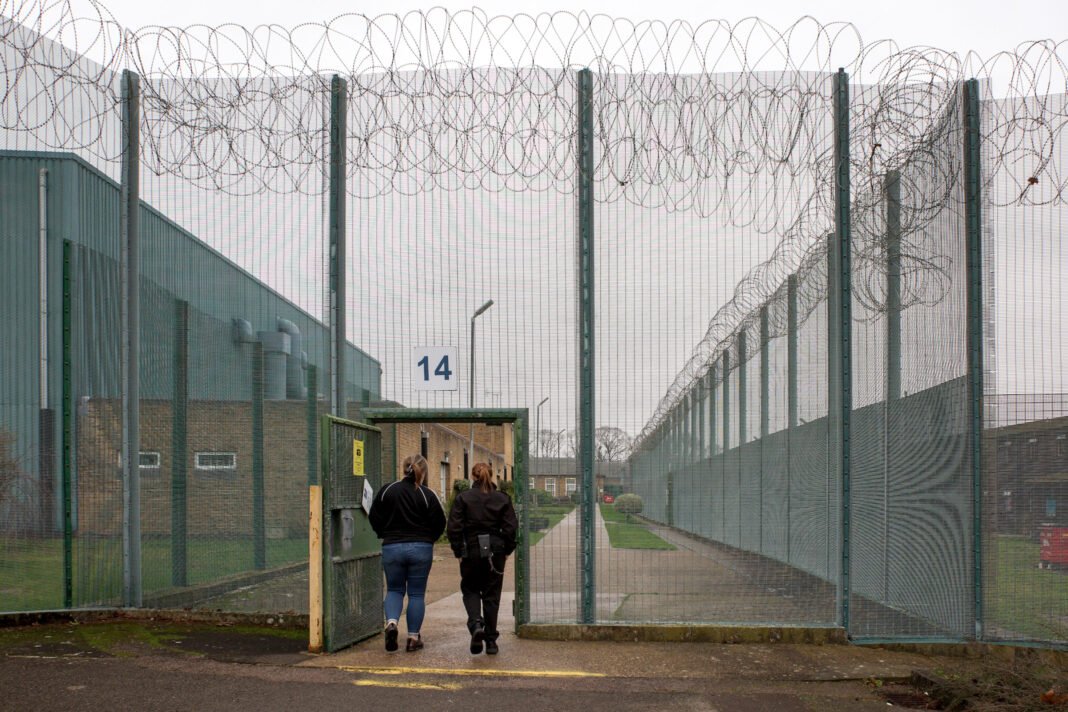A new review calls for radical changes to reduce prison overcrowding. It suggests that some violent offenders could leave prison after serving just a third of their sentence. The proposal includes those convicted of sex crimes and domestic abuse. The plan aims to relieve the pressure on the overcrowded prison system.
The review, chaired by former Lord Chancellor David Gauke, argues the current approach is unsustainable. Gauke warned that expanding prison infrastructure alone won’t solve the crisis.
The proposal supports replacing short custodial sentences with community-based alternatives. These changes target non-compliance with court orders and support for domestic abuse victims.
Justice Secretary Shabana Mahmood is set to respond to the recommendations in Parliament. Her office is also examining whether to expand a pilot chemical castration programme. The current pilot is limited to one region, but plans include 20 more prisons.
The Secretary is considering making chemical castration mandatory for some offenders. However, no firm decision has been made yet.
The early release system would rely on an “earned progression model.” This structure involves three stages: custody, post-custody, and at-risk. Prisoners would shift between these phases based on their behaviour and risk level.
Under this system, prisoners could move to post-custody supervision after completing one-third of their sentence. This would apply if their behaviour meets strict standards. Those who fail to comply would remain until the halfway mark.
The proposed system also encourages tagging more offenders. This is especially important for perpetrators of domestic abuse and violence against women.
Specialist courts for domestic abuse cases would also expand under the plan. Courts would have more options, including travel bans, fines, and football bans.
The review recommends more support for the Probation Service. It also asks for increased use of electronic monitoring equipment, like ankle tags.
Some welcome the move toward community sentences. Prison reform groups say it could break the cycle of reoffending.
Others, including Justice for Victims, reject the idea. They argue it ignores victims’ needs and lets serious criminals off too easily.
Despite this criticism, the government remains committed to long-term reform. It plans to invest £4.7 billion in prison infrastructure between 2026 and 2031.
The debate over these proposals is far from over. But the violent criminals early release plan has already reshaped the discussion on justice reform.
For more political updates, visit London Pulse News.


